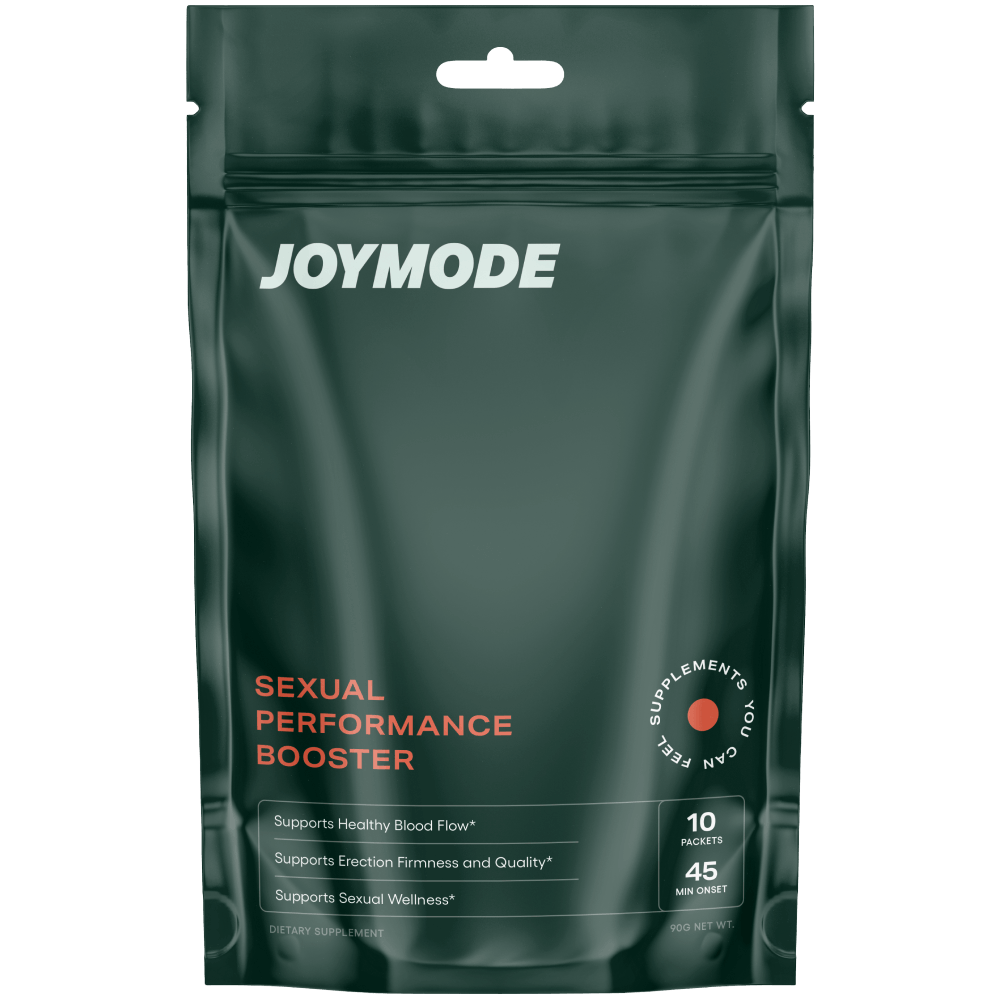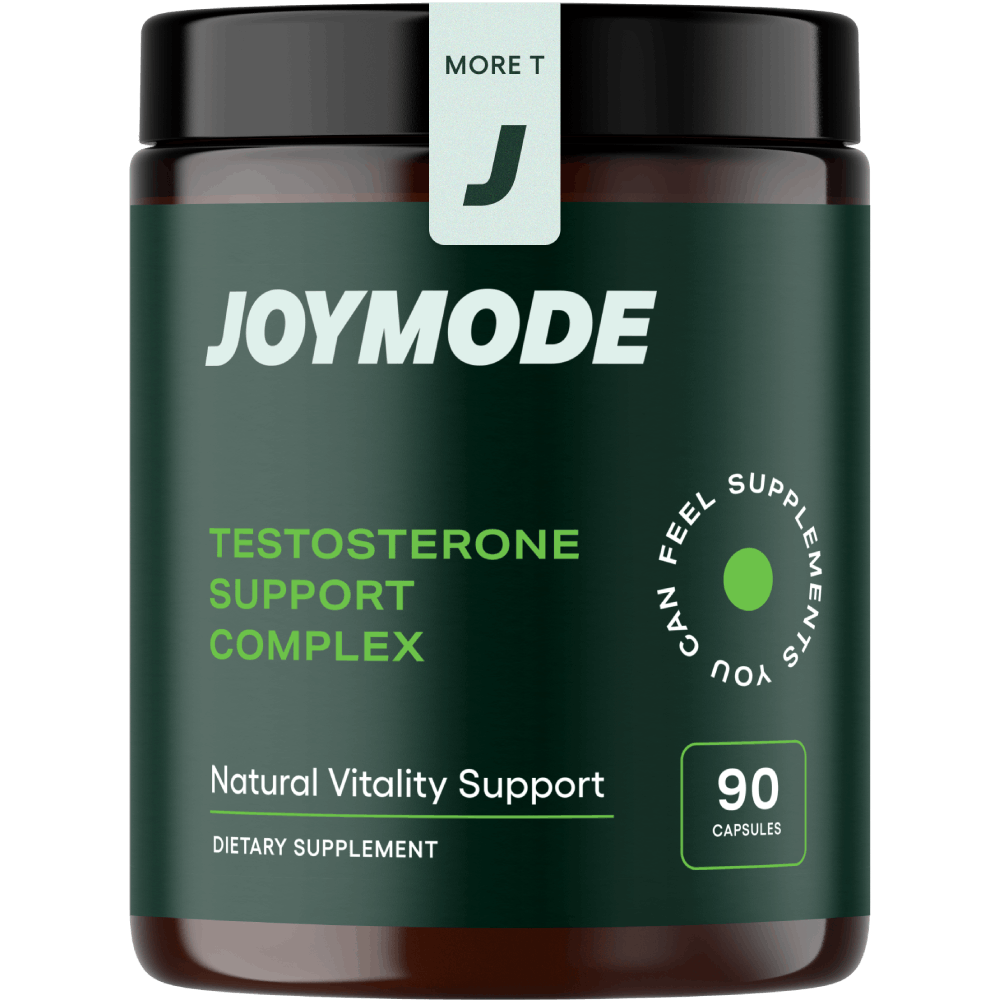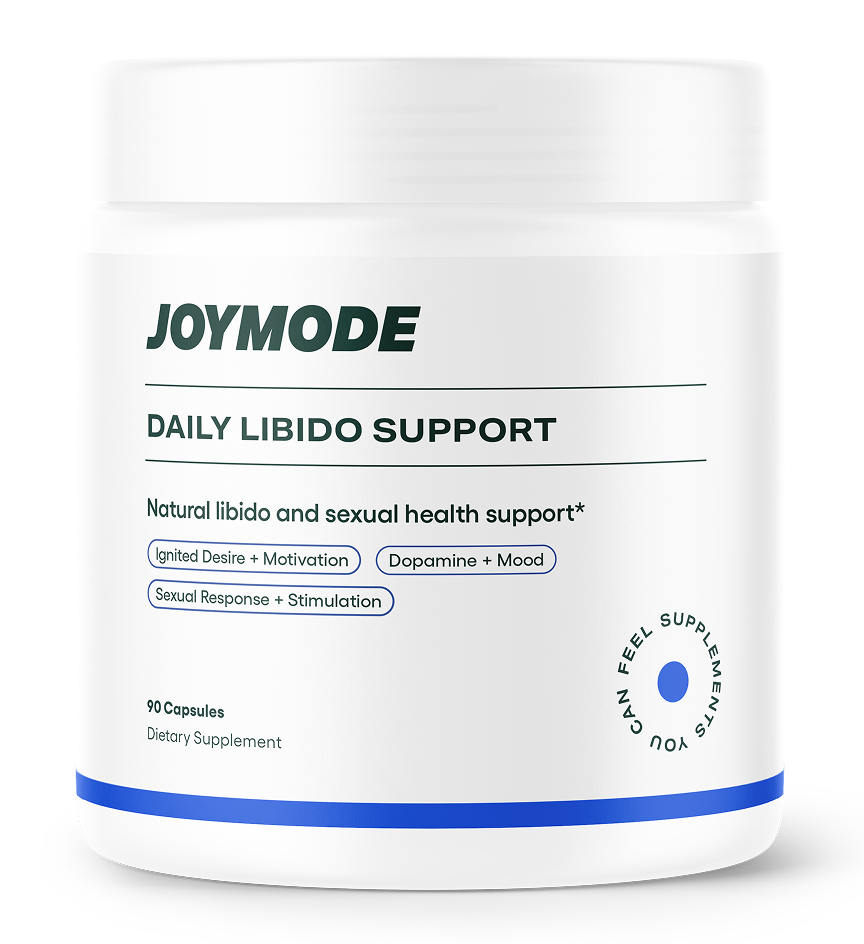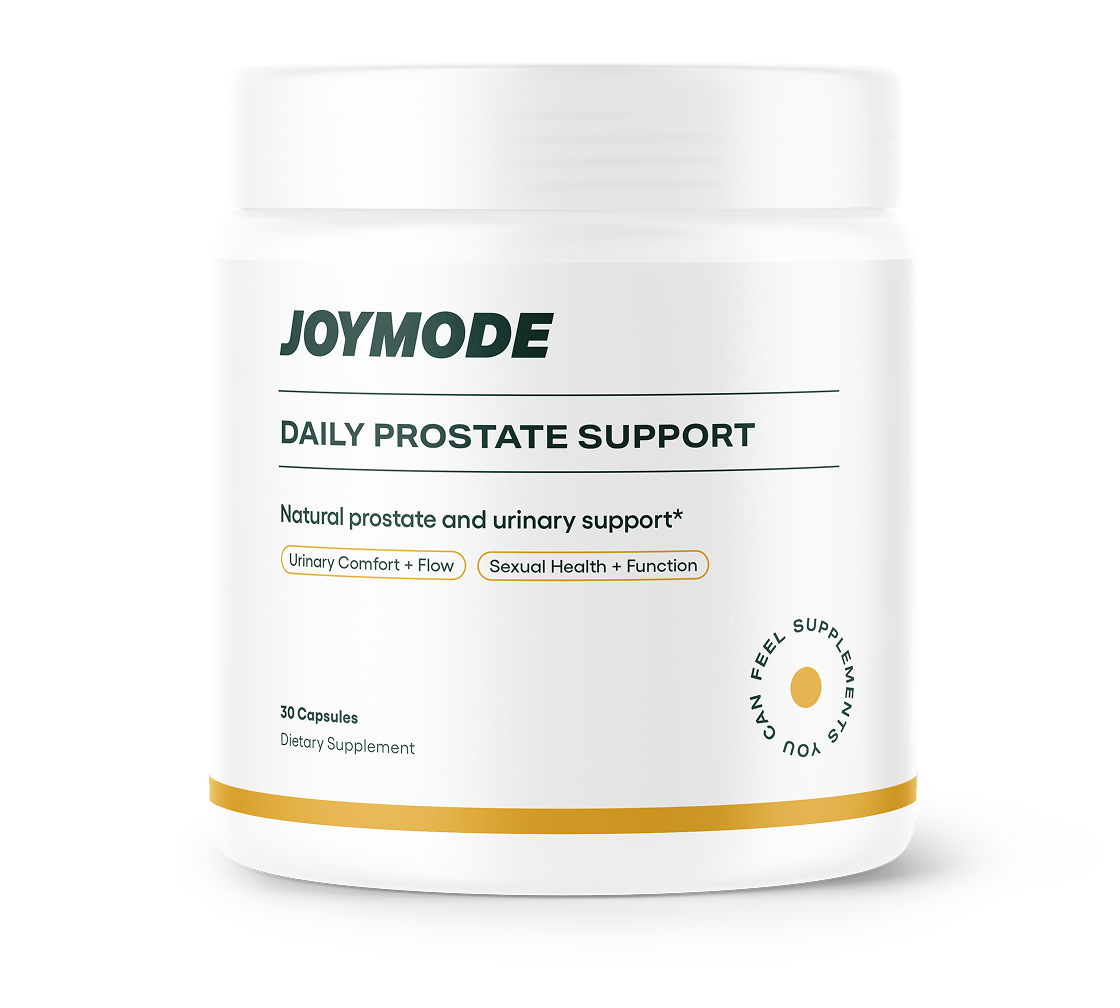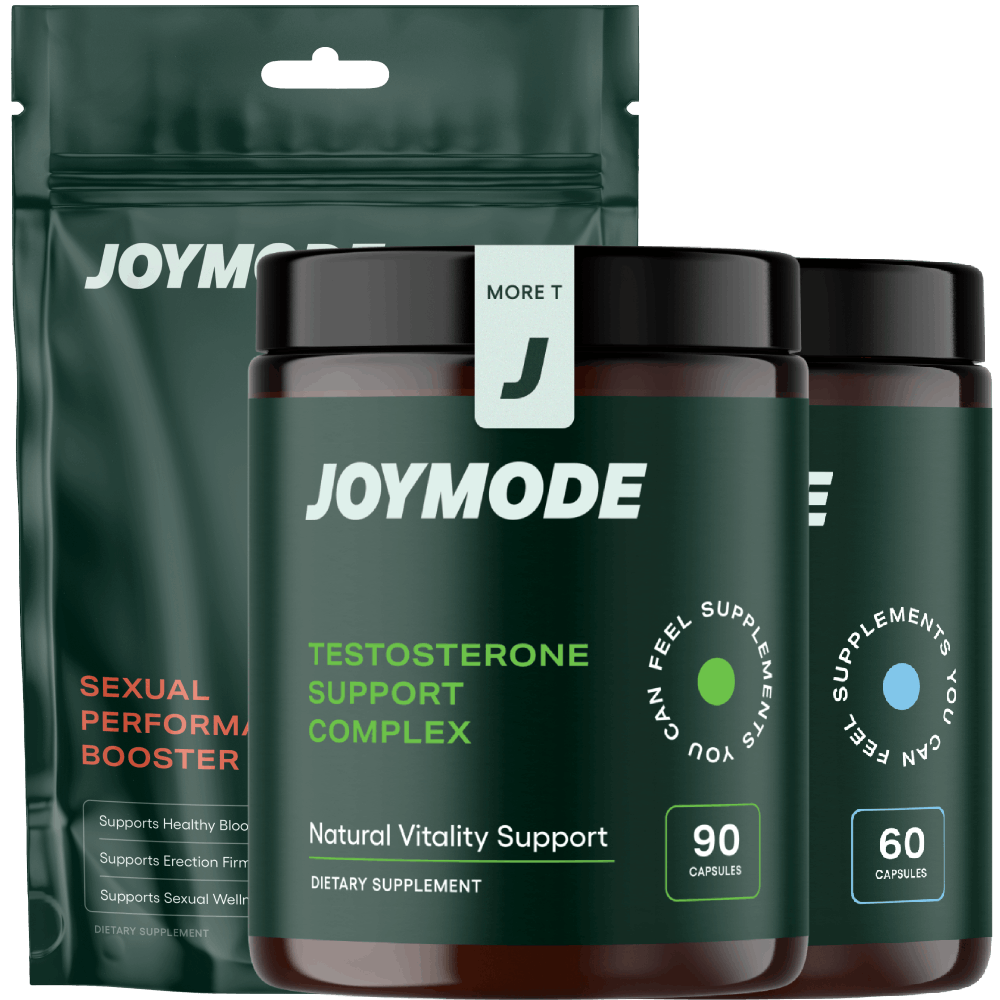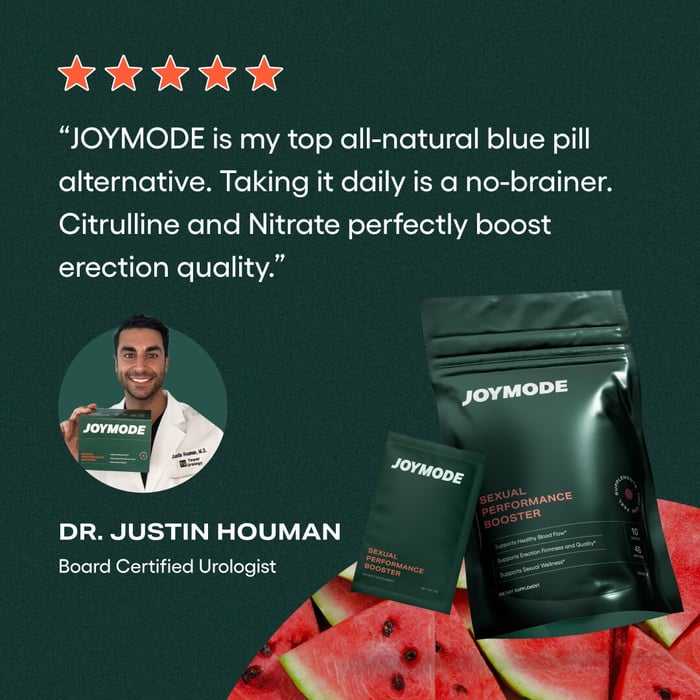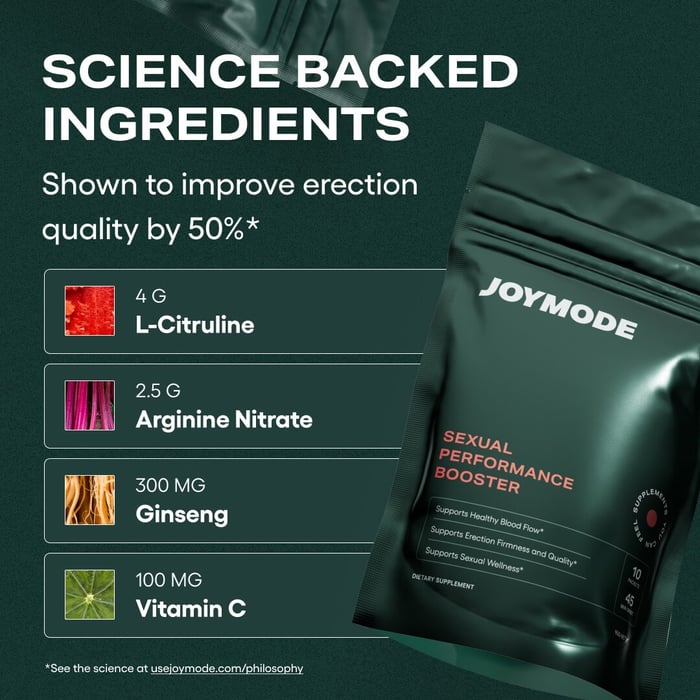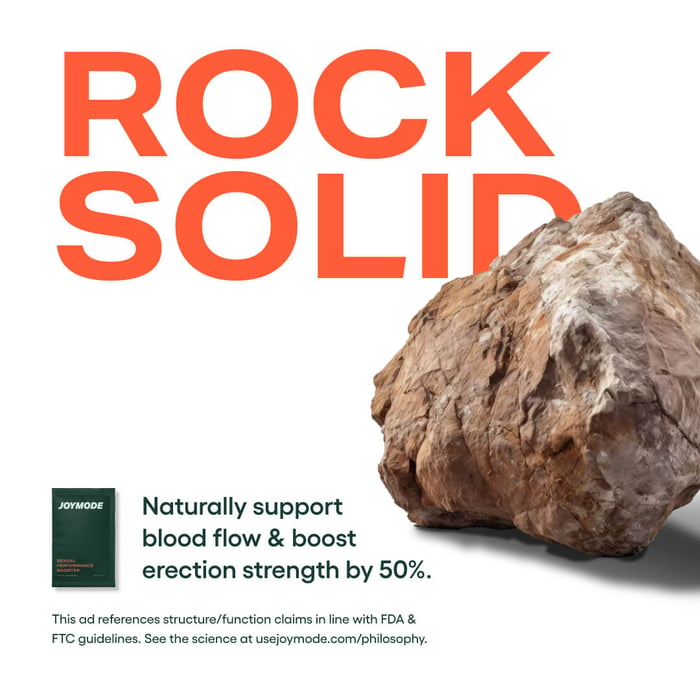Table of Contents
If you're exploring solutions for erectile dysfunction, L-Arginine for ED might be worth considering. This amino acid has gained attention for its potential to improve blood flow and enhance sexual performance. In this guide, we'll dive into how L-Arginine for ED works, its benefits, and the risks associated with its use. Learn everything you need to know about incorporating L-Arginine into your ED management plan.
What Is L-Arginine?
L-Arginine is a naturally occurring amino acid that plays a crucial role in the production of nitric oxide, a compound that helps relax blood vessels and improve blood flow. For men experiencing erectile dysfunction (ED), L-Arginine has become a popular topic of interest due to its potential to enhance sexual performance by increasing blood circulation to the genital area.
This amino acid is found in various foods, including meat, nuts, and dairy products, but many turn to supplements to achieve therapeutic doses that may provide more significant benefits. Research into L-Arginine for ED suggests that it may help improve erectile function by promoting vasodilation, which can lead to firmer and longer-lasting erections.
However, while L-Arginine can be beneficial, it is essential to consider potential risks and side effects, such as gastrointestinal discomfort or interactions with other medications. As with any supplement, it's crucial to consult with a healthcare provider to determine if L-Arginine for ED is a suitable and safe option for your individual needs.
L-Arginine Benefits
L-Arginine is known for its wide array of potential health benefits. One of the most notable is its role in nitric oxide synthesis. This process helps blood vessels relax, improving blood flow throughout the body.
This amino acid is also thought to stimulate the release of growth hormone. This hormone plays a key role in muscle growth and repair, making L-Arginine a popular supplement among athletes.
But the benefits don't stop there. Some studies suggest that L-Arginine can support heart health by reducing blood pressure. It may also boost the immune system and improve athletic performance.
Here are some specific areas where L-Arginine may offer benefits:
Erectile Dysfunction (ED)
Heart Health and Blood Pressure
Immune System and Healing
Athletic Performance and Muscle Growth
L-Arginine for ED
Erectile dysfunction (ED) can be a sensitive topic for many. But there's good news. L-Arginine has been studied for its potential benefits in treating ED.
The amino acid may improve ED by enhancing blood flow to the genital area. This is due to its role in nitric oxide synthesis, which helps blood vessels relax.
However, the effectiveness of L-Arginine for ED can vary from person to person. We’ve specifically formulated our Sexual Performance Booster to include the ideal dosage as a natural supplement for daily use, making it a popular choice for those seeking a natural solution to ED, and to not rely on pharmaceuticals and prescription drugs like sildenafil (Viagra), tadalafil (Cialis), or vardenafil (Levitra)
Heart Health and Blood Pressure
L-Arginine may also offer benefits for heart health. Some research suggests that it can help reduce blood pressure.
This is again linked to its role in nitric oxide synthesis. By helping blood vessels relax, L-Arginine can improve blood flow and potentially lower blood pressure.
However, it's important to note that more research is needed in this area. Always consult with a healthcare provider before starting any new supplement regimen for heart health.
Immune System and Healing
L-Arginine may also have a positive impact on the immune system. It's thought to boost immune function, potentially helping the body fight off illness and infection.
In addition, L-Arginine may have wound-healing properties. This is due to its role in collagen production and nitric oxide synthesis, both of which are important for the healing process.
Again, more research is needed to fully understand these potential benefits. Always consult with a healthcare provider before starting any new supplement regimen.
Athletic Performance and Muscle Growth
For athletes and fitness enthusiasts, L-Arginine offers potential benefits too. It's often included in pre-workout formulas for its potential to enhance exercise performance.
This is linked to its role in nitric oxide synthesis, which can improve blood flow and oxygen delivery to muscles. This can potentially enhance athletic performance and aid in muscle growth.
In addition, the body uses L-Arginine to make creatine. This compound provides energy to muscle cells, further supporting athletic performance and muscle growth.
L-Arginine Dosage
When it comes to L-Arginine dosage, there's no one-size-fits-all answer. The right dosage can vary depending on several factors. These include your age, health status, and the specific health condition you're trying to address.
For general health and wellness, a typical dosage might range from 2 to 5 grams daily. However, higher doses may be recommended for specific health conditions.
It's important to note that overuse of L-Arginine can lead to side effects. These can include gastrointestinal discomfort, diarrhea, bloating, and abdominal pain.
As always, it's best to consult with a healthcare provider before starting any new supplement regimen. They can provide personalized advice based on your individual health needs.
Risks and Side Effects
While L-Arginine is generally considered safe, it's not without potential risks and side effects. As with any supplement, it's important to be aware of these before starting a regimen.
One common side effect is gastrointestinal discomfort. This can include symptoms like bloating, diarrhea, and abdominal pain. These symptoms are more likely to occur with higher doses.
People with herpes should be cautious. L-Arginine may trigger virus activity, leading to outbreaks.
Those with low blood pressure should also use L-Arginine with caution. This is because the supplement can further lower blood pressure levels.
Pregnant or breastfeeding women should avoid L-Arginine. There's a lack of research on its safety in these populations.
Lastly, long-term use of L-Arginine requires medical supervision. This is to ensure safety and monitor for potential side effects.
Interactions with Medications
L-Arginine can interact with certain medications. This is another reason why it's important to consult with a healthcare provider before starting a regimen.
For example, L-Arginine can interact with nitrates, a type of medication used to treat heart disease. This interaction can cause a dangerous drop in blood pressure.
L-Arginine can also interact with Viagra, a medication used to treat erectile dysfunction. This can lead to an increased risk of side effects.
How to Take L-Arginine
L-Arginine supplements come in various forms. These include capsules, powders, and tablets. The form you choose largely depends on personal preference.
The standard dosage of L-Arginine varies. It typically ranges from 2 to 5 grams daily, depending on the intended use.
Always remember, it's crucial to consult a healthcare provider before starting any new supplement regimen. They can provide personalized advice based on your health status and needs.
Natural Sources of L-Arginine
L-Arginine is naturally found in a variety of foods. This includes both animal and plant-based sources.
Here are some examples:
Red meat
Poultry
Fish
Dairy products
Nuts
Seeds
Legumes
Incorporating these foods into your diet can help increase your L-Arginine intake naturally.
Conclusion and Precautions
L-Arginine offers potential benefits, from heart health to athletic performance. However, it's not a magic bullet. It should be part of a balanced diet and healthy lifestyle.
Always consult a healthcare provider before starting any supplement regimen. This is especially important if you have existing health conditions or are on medication.
Remember, while supplements can support health, they can't replace a balanced diet and regular exercise. Stay informed and make smart choices for your health.
